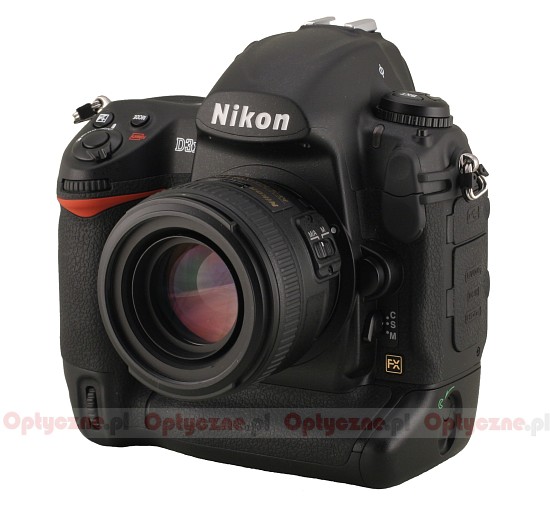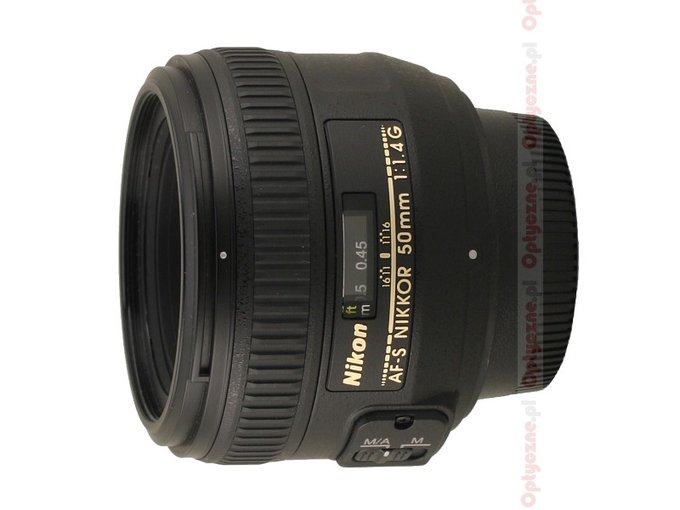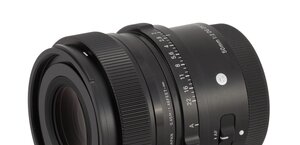Nikon Nikkor AF-S 50 mm f/1.4G
1. Introduction
Nowadays, one of the biggest Nikkon’s deficiency is the lack of prime, fast lenses with SWM motor, designed to cooperate with digital reflex cameras.
Not so long ago there were just two novelties in this field – Nikkors 2.8/60 and 2.8/105 VR for macro photography. All other normal fast lenses with focal lengths from 20 to 135 mm were just old constructions without an autofocus motor. It was especially uncomfortable for the owners of bodies like Nikkon D40/D40x or D60 because it meant the focus could be adjusted manually only.
Please Support UsIf you enjoy our reviews and articles, and you want us to continue our work please, support our website by donating through PayPal. The funds are going to be used for paying our editorial team, renting servers, and equipping our testing studio; only that way we will be able to continue providing you interesting content for free. |
- - - - - - - - - - - - - - - - - - - - - - - - - - - - - - - - - - - - - - - - - - - - - - - -
In general, the situation of Nikkon as a market leader and a company well-known for producing good optics has become awkward. Now we have a lot of good bodies, produced by this company but from time to time we meet with serious obstacles when you want to attach something good to them. We’ve already mentioned the problems of the reflex cameras owners from the lowest segment. Unfortunately, the situation in the highest segment is hardly better. Every owner of D3 or D700 will sorely miss a good AF-S 1.4/35 reporter’s lens and every studio photographer, who owns D3x, will complain of lack of a AF-S 1.8/135 portrait lens. All of these photographers would lack a fast standard prime anyway so it’s small wonder Nikkon decided to make up for this particular fault as soon as possible.
On 22nd September 2008, the company presented officially Nikkor AF-S 50 mm f/1.4 G model and we informed about it in the relevant article about new products.
The new lens, courtesy of Nikon Polska, found its way to our editorial office over two months ago. If we only wanted to test it on a small DX matrix, the test results would be published long ago. A fast, full-frame standard requires a full frame test though, so it involved some necessary preparations. Above all, we had to wait for the right camera for such tests. Full frame D3 and D700 have too small number of pixels to be up to scratch for a task like that so we had to wait about a month for D3x, whose pixels number satisfied our demand. D3x had its première on January and it was not fully available in Poland; when it finally arrived to our office we had to test it thoroughly with a significant number of different lenses before we could publish any tests based on its matrix. We had to know what scale of results we were dealing with. After the preliminary data analysis from more than a dozen of lenses we think we can start presenting tests based on Nikon D3x’s full frame. Let’s get down to facts!
We would also like to encourage you to familiarize yourselves with our test procedure described in the article "How do we test the lenses?"
 |







